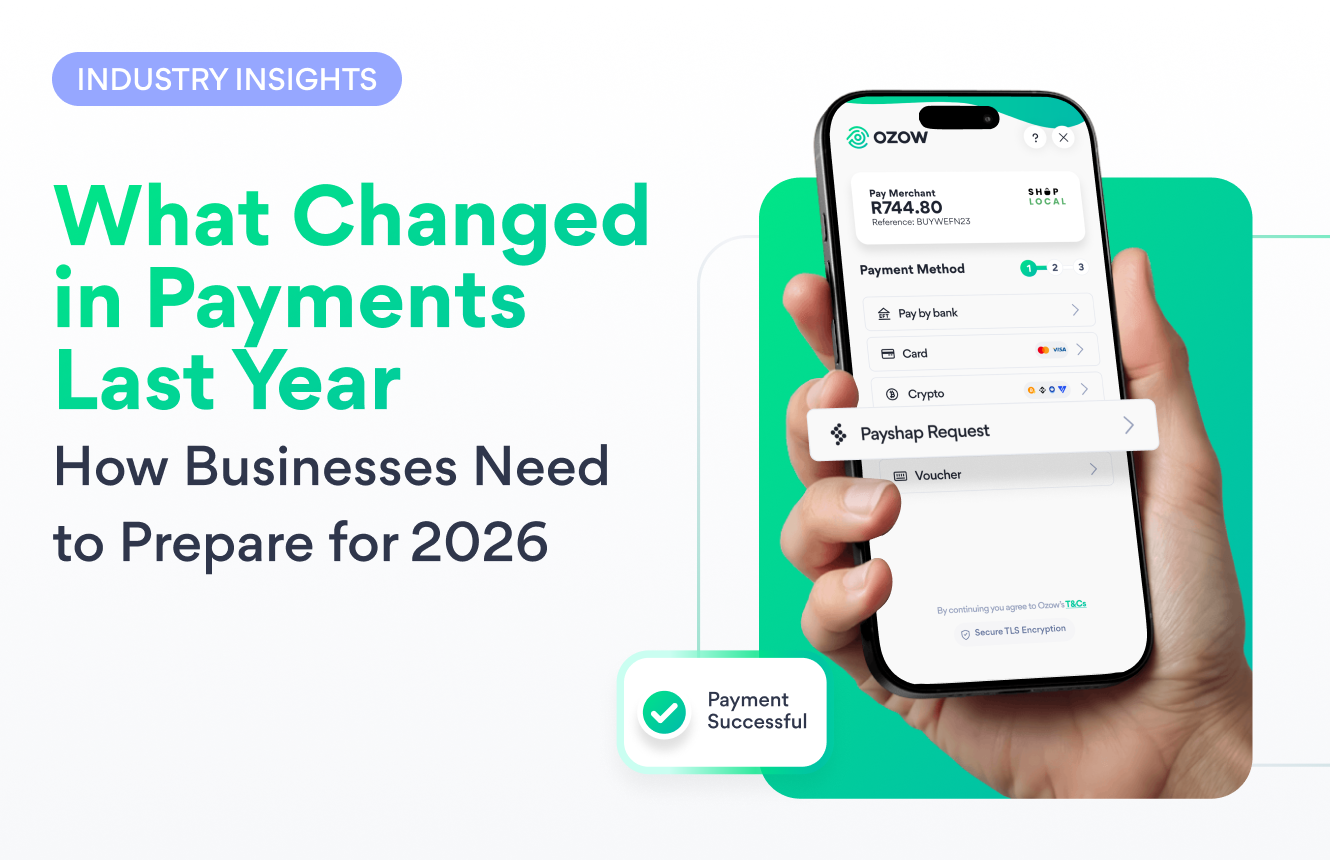
This Human Right’s Day on the 21st of March 2024, South Africa commemorates 30 years of democracy. To remember the sacrifices and lives lost that accompanied the struggle for the attainment of democracy in South Africa.
On this day South Africa is often praised as one of the most liberated constitutions in the world. As we reflect on the sacrifices made for democracy, another aspect we commemorate and emphasise today is the right to financial equality.
Forbes refers to financial equality as the equal distribution of resources and opportunities regardless of gender or other factors. This allows everyone to have an equal chance to achieve their aspirations.This represents a fundamental human right that promotes inclusivity and access to tools that empower financial literacy, such as the right to information. The International Labour Organization of South Africa refers to financial literacy as having a basic understanding of financial matters, and its four fundamental pillars: debt management, budgeting, saving, and investing. It involves understanding how to build wealth throughout one's lifetime by mastering these pillars.

Financial literacy is a crucial requirement in achieving financial freedom. Being able to plan and track finances, and making sound decisions when borrowing money enables people to make the best out of their often-scarce income. A call for increased social responsibility among financial service providers has increased their awareness to assess the debt absorption capacity among borrowers. However, more needs to be done to ensure that people don’t over-burden themselves with debt and use coping strategies like growing your income, cutting back on luxury expenses, and paying more than what you owe monthly towards your debt.

One of the biggest issues that South Africa faces is its lack of financial literacy. Studies show that financial literacy rates are at 52% among South Africans, highlighting the need for accessible financial education, tools, and programs. Digital financial literacy is a game changer for South Africa, with digital tools and platforms making financial education more accessible and achievable. These apps and tools help manage money effectively, set and track goals, while staying knowledgeable and informed about finances. This includes the following apps:
Digital financial literacy apps
· Finance apps that help budget, control and track your expenses and income transactions, include apps like 22seven, Spendee, Buxfer, and Money Lover.
· Investment tracker apps like Lettuce, Satrix or EasyEquities, allow you to monitor all your assets, and keep tabs on your stocks, ETFs, cryptocurrencies, Forex, commodities and funds.
· Track your payments from start to finish when buying data, airtime, electricity on the Ozow.ME app.
Artificial Intelligence (AI)financial advisory platforms provide personalised recommendations based on personal financial situations, goals, and risk tolerance. AI can automate the investment process, detect fraudulent financial activity and AI chatbots can respond to users’ financial queries 24/7. Additionally, digital financial literacy sharing networks and communities can be found across the internet, and social media, where groups of people provide financial knowledge and expert advice. This has been gaining popularity among the masses on digital mediums like podcasts, newsletters, e-books and other platforms.
While the country's financial literacy level is described as underdeveloped, you can boost your own. Forbes and Finance Strategies of 2023 found that the key to financial literacy involves budgeting, savings, investments, retirement planning, debt and risk management, and understanding financial products. Create a spending and savings plan based on income and expenses. Set money aside towards savings and investments for the future. Understand essential financial concepts such as inflation, or interest rates. Manage debts, while safeguarding against potential financial setbacks.
You have the right to financial literacy and here are some strategies to improve yours:
1. Self-Study and Online Resources
Numerous online platforms, websites, and apps offer courses, articles, tutorials, and tools related to financial education. However, it is essential to ensure that the sources of information are credible and up to date. This includes 22seven, Old Mutual Moneyversity, BusinessLive’s Financial Mail and Moneyweb.
2. Access to information
The digital realm offers a wealth of financial information, covering everything from the fundamentals to advanced topics such as money management, economics, and personal finance courses.Access to this information empowers individuals to make informed financial decisions.
3. Seek professional advice
Whether planning for retirement, investing in the stock market, or buying a home, professional advisors can help you navigate complex decisions. Moreover, as financial landscapes evolve, professionals can provide updated insights, ensuring you stay ahead.
4. Network
There is immense value in shared experiences. Networking with peers, whether formal or informal, can offer fresh financial management perspectives. Hearing about others’ financial successes and challenges can provide practical insights and lessons.
Financial literacy is an indispensable skill in today’s world, especially as technology advances and the fintech industry grows, it's important to up skill yourself in order to achieve financial equality. Beyond financial health, it empowers individuals, reduces stress, fosters a sense of security and builds generational wealth.
Citations
-
Staff Writer








